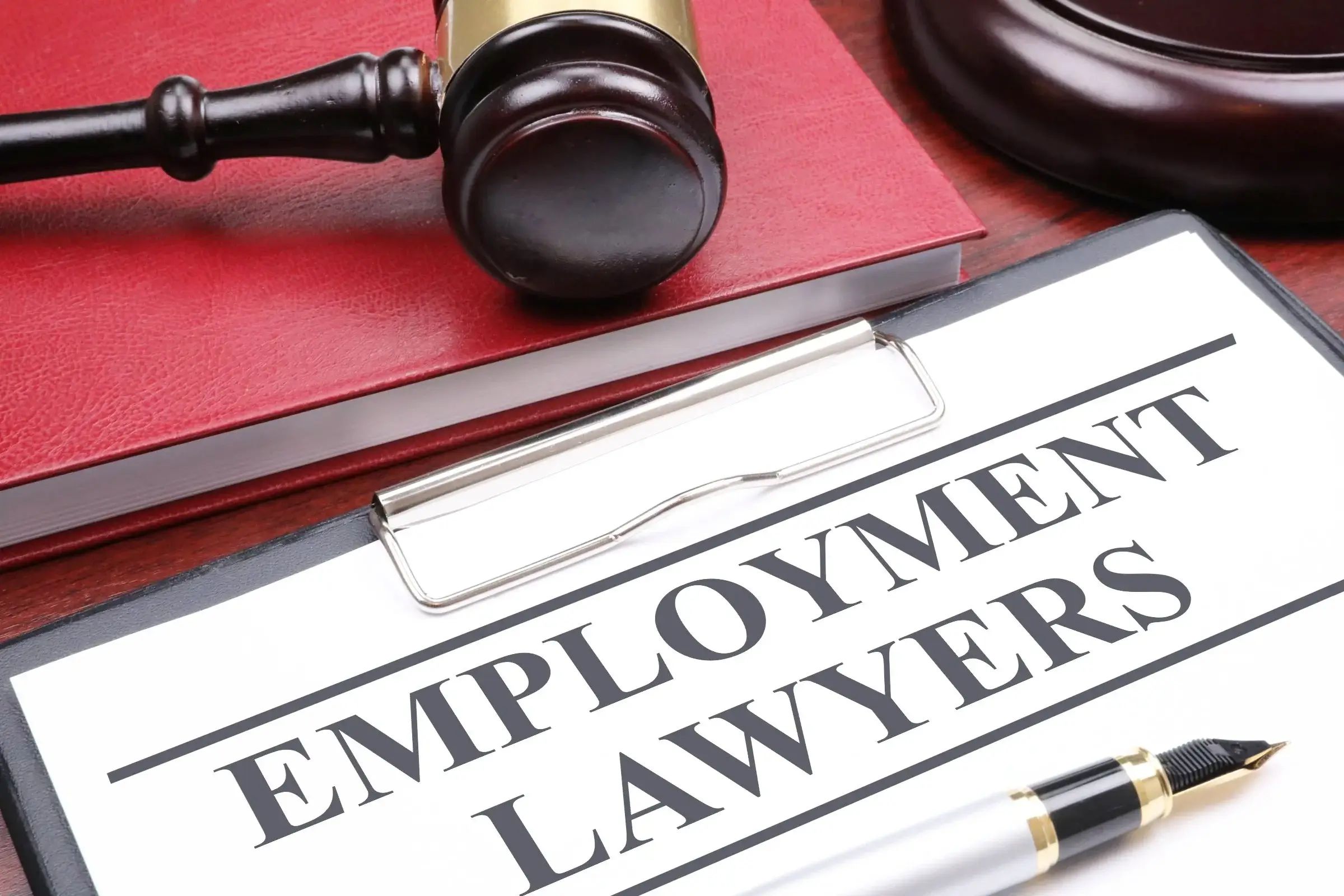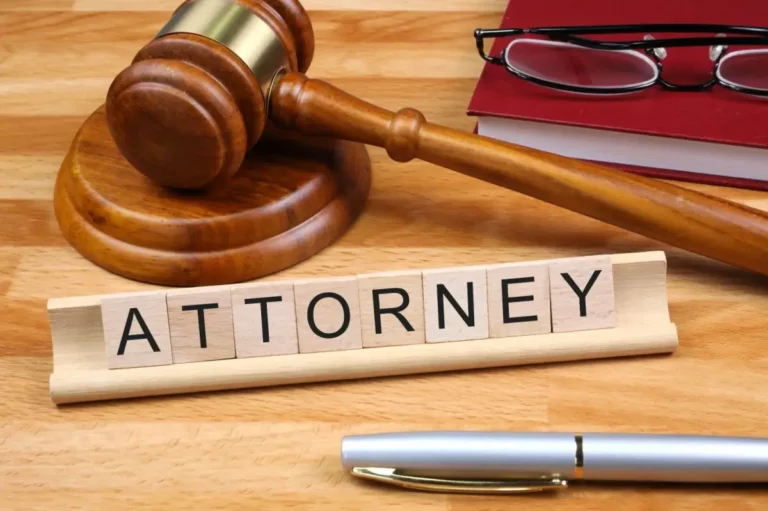Employment Lawyer Winnipeg: What You Need to Know Before Hiring One
If you are facing a legal issue at work, such as wrongful dismissal, discrimination, harassment, or disability benefits denial, you may need the help of an employment lawyer. An employment lawyer is a legal professional who specializes in labour and employment law, which covers the rights and obligations of employers and employees in the workplace. An employment lawyer Winnipeg can advise you on your legal options, negotiate on your behalf, draft or review contracts and documents, and represent you in court or before administrative tribunals.
Tips for Employment Lawyer Winnipeg
But how do you find and hire the right employment lawyer for your case? Here are some tips to help you make an informed decision:
Do your research.
Before you contact any employment lawyer, you should do some background research on their qualifications, experience, reputation, and fees. You can use online resources, such as the Law Society of Manitoba’s Lawyer Lookup, to find out if the lawyer is licensed, has any disciplinary history, and what areas of law they practice. You can also check their website, social media, and online reviews to get a sense of their style, approach, and client satisfaction.
Ask for referrals.
Another way to find a good employment lawyer Winnipeg is to ask for referrals from people you trust, such as your friends, family, co-workers, or union representatives. They may have had a similar legal issue or know someone who did, and can recommend a lawyer who handled their case well. However, you should still do your own research and verify the lawyer’s credentials and suitability for your case.
Consult with potential lawyers.
Once you have a shortlist of potential employment lawyers, you should contact them and arrange for an initial consultation. This is an opportunity for you to meet the lawyer in person or virtually, explain your situation, ask questions, and assess if they are a good fit for you. Some lawyers may offer a free or low-cost consultation, while others may charge a fee. You should prepare for the consultation by bringing relevant documents, such as your employment contract, termination letter, pay stubs, performance reviews, medical records, or any correspondence with your employer.
Ask Questions
You should also prepare a list of questions to ask the lawyer, such as:
- How long have you been practicing employment law?
- What percentage of your practice is devoted to employment law?
- Have you handled cases similar to mine? What were the outcomes?
- How will you communicate with me and keep me updated on my case?
- How do you charge for your services? What are the estimated costs and fees for my case?
- How long do you expect my case to take? What are the possible outcomes and risks?
- Who else will be working on my case? Will you delegate any tasks to other lawyers or staff?
- How do you approach conflict resolution? Do you prefer negotiation, mediation, arbitration, or litigation?
- What are the strengths and weaknesses of my case? What are the chances of success?
- How do you handle confidentiality and privacy issues?
Compare and choose.
After you have consulted with several employment lawyers, you should compare them and choose the one that best suits your needs and preferences. You should consider factors such as their qualifications, experience, reputation, fees, communication skills, personality, and rapport. You should also trust your instincts and choose a lawyer who makes you feel comfortable and confident. Once you have made your decision, you should sign a retainer agreement with the lawyer, which outlines the terms and conditions of your relationship, such as the scope of services, fees, expenses, billing, and termination.
Conclusion
Hiring an employment lawyer Winnipeg can be a daunting task, but it can also be a worthwhile investment in your future. By following these tips, you can find and hire an employment lawyer who can protect your rights, advocate for your interests, and help you achieve a fair and favorable resolution for your case.
Also Read: Enduring Power Of Attorney New Brunswick Act: All You Need To Know







